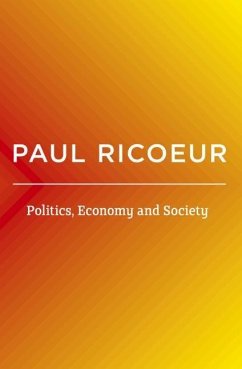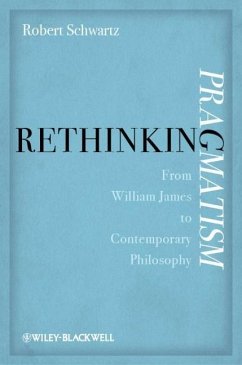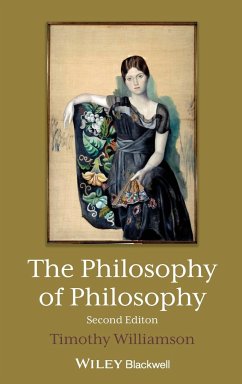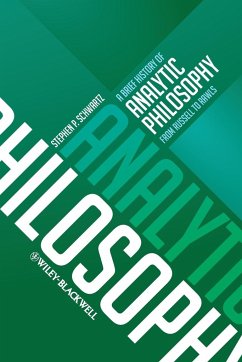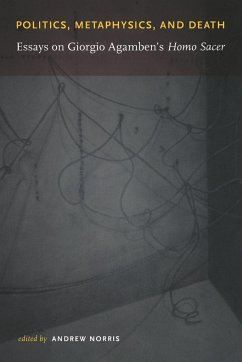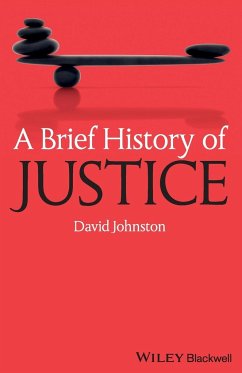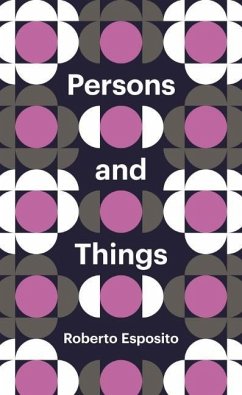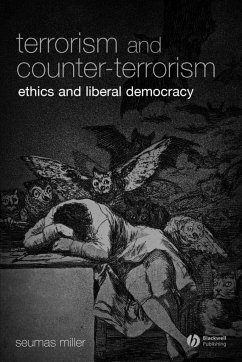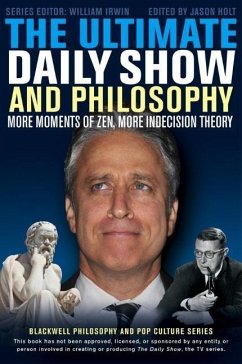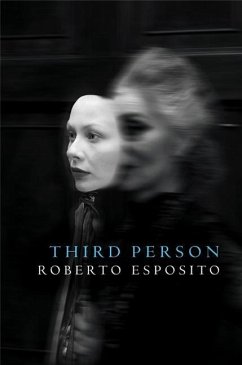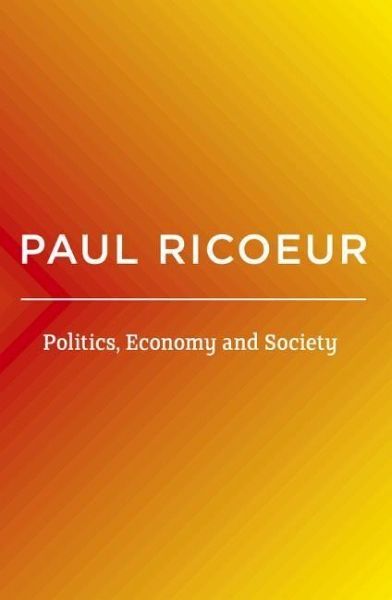
Politics, Economy, and Society
Writings and Lectures, Volume 4
Übersetzung: Blamey, Kathleen
Versandkostenfrei!
Versandfertig in über 4 Wochen
27,99 €
inkl. MwSt.
Weitere Ausgaben:

PAYBACK Punkte
14 °P sammeln!
The philosophy of Paul Ricoeur is rarely viewed through the lens of political philosophy, and yet questions of power, and of how to live together in the polis, were a constant preoccupation of his writings. This volume brings together a selection of his texts spanning six decades, from 1958 to 2003, which together present Ricoeur's political project in its coherence and diversity.In Ricoeur's view, the political is the realm of a tension between "rationality" (the attempt to provide a coherent explanation of the world) and "irrationality," which manifests itself in force and repression. This "...
The philosophy of Paul Ricoeur is rarely viewed through the lens of political philosophy, and yet questions of power, and of how to live together in the polis, were a constant preoccupation of his writings. This volume brings together a selection of his texts spanning six decades, from 1958 to 2003, which together present Ricoeur's political project in its coherence and diversity.
In Ricoeur's view, the political is the realm of a tension between "rationality" (the attempt to provide a coherent explanation of the world) and "irrationality," which manifests itself in force and repression. This "political paradox" lies at the heart of politics, for the claim to explain the world generates its own form of violence: the more one desires the good, the more one is inclined to impose it. Ricoeur warns citizens, the guardians of democracy, against any totalizing system of thought and any dogmatic understanding of history. Power should be divided and controlled, and Ricoeur defends a form of political liberalism in which states are conscious of the limits of their power and respectful of the freedom of their citizens.
Ranging from questions of power and repression to those of ethics, identity, and responsibility, these little-known political texts by one of the leading philosophers of the twentieth century will be of interest to students and scholars of philosophy, politics, and theology and to anyone concerned with the great political questions of our time.
In Ricoeur's view, the political is the realm of a tension between "rationality" (the attempt to provide a coherent explanation of the world) and "irrationality," which manifests itself in force and repression. This "political paradox" lies at the heart of politics, for the claim to explain the world generates its own form of violence: the more one desires the good, the more one is inclined to impose it. Ricoeur warns citizens, the guardians of democracy, against any totalizing system of thought and any dogmatic understanding of history. Power should be divided and controlled, and Ricoeur defends a form of political liberalism in which states are conscious of the limits of their power and respectful of the freedom of their citizens.
Ranging from questions of power and repression to those of ethics, identity, and responsibility, these little-known political texts by one of the leading philosophers of the twentieth century will be of interest to students and scholars of philosophy, politics, and theology and to anyone concerned with the great political questions of our time.




